- Home
- Health Condition
Medicine For Edema
Medicine For Edema
- Total Items (434)
 RX
RXAbtorsmed 10 Tablet 10's
₹43.40
MRP ₹62
30% off
 RX
RXDytor-10 Tablet 15's
₹101.30
MRP ₹112.50
10% off
 RX
RXEptus 25 Tablet 15's
₹592.70
MRP ₹658.50
10% off
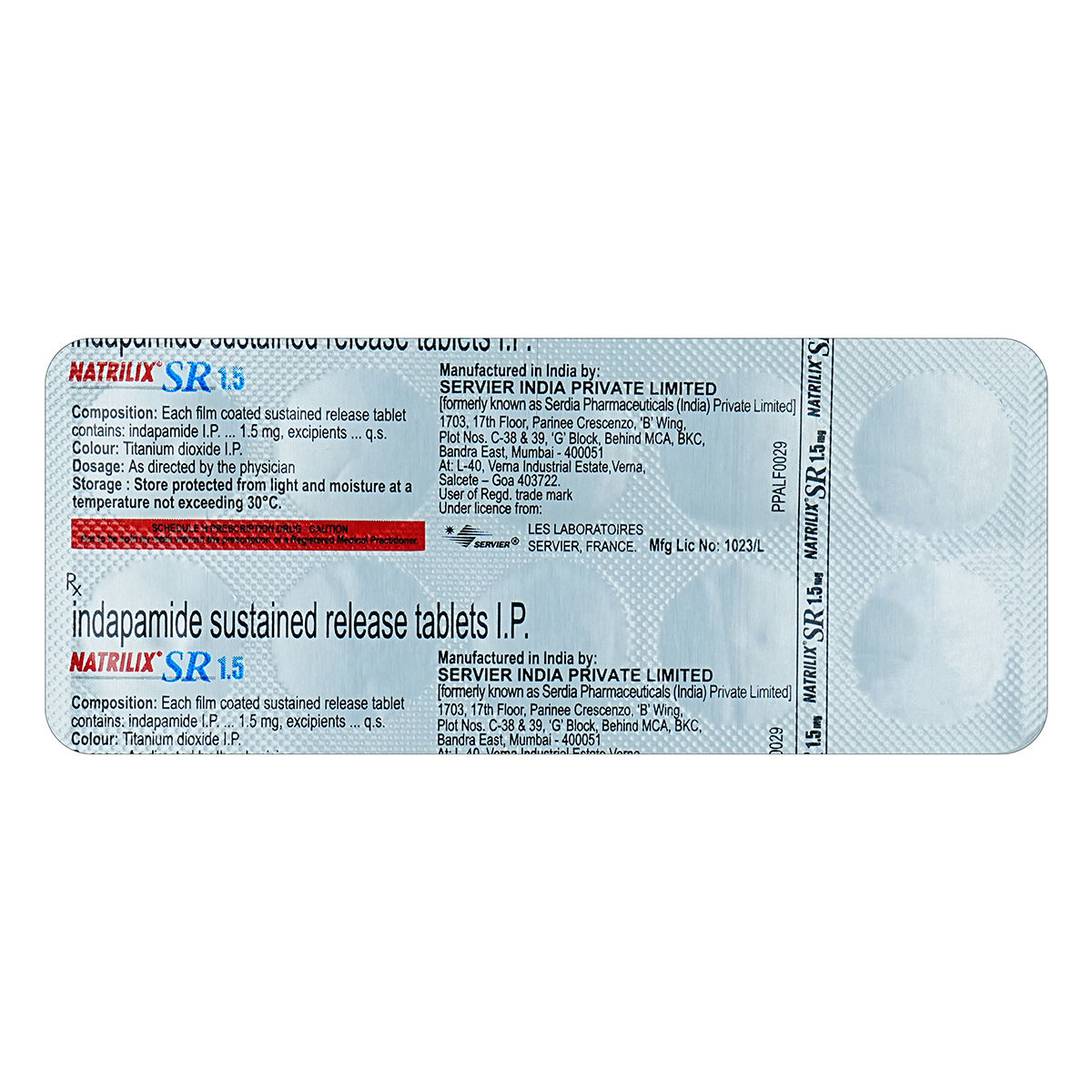 RX
RXNatrilix SR Tablet 10's
₹143.60
MRP ₹159.50
10% off
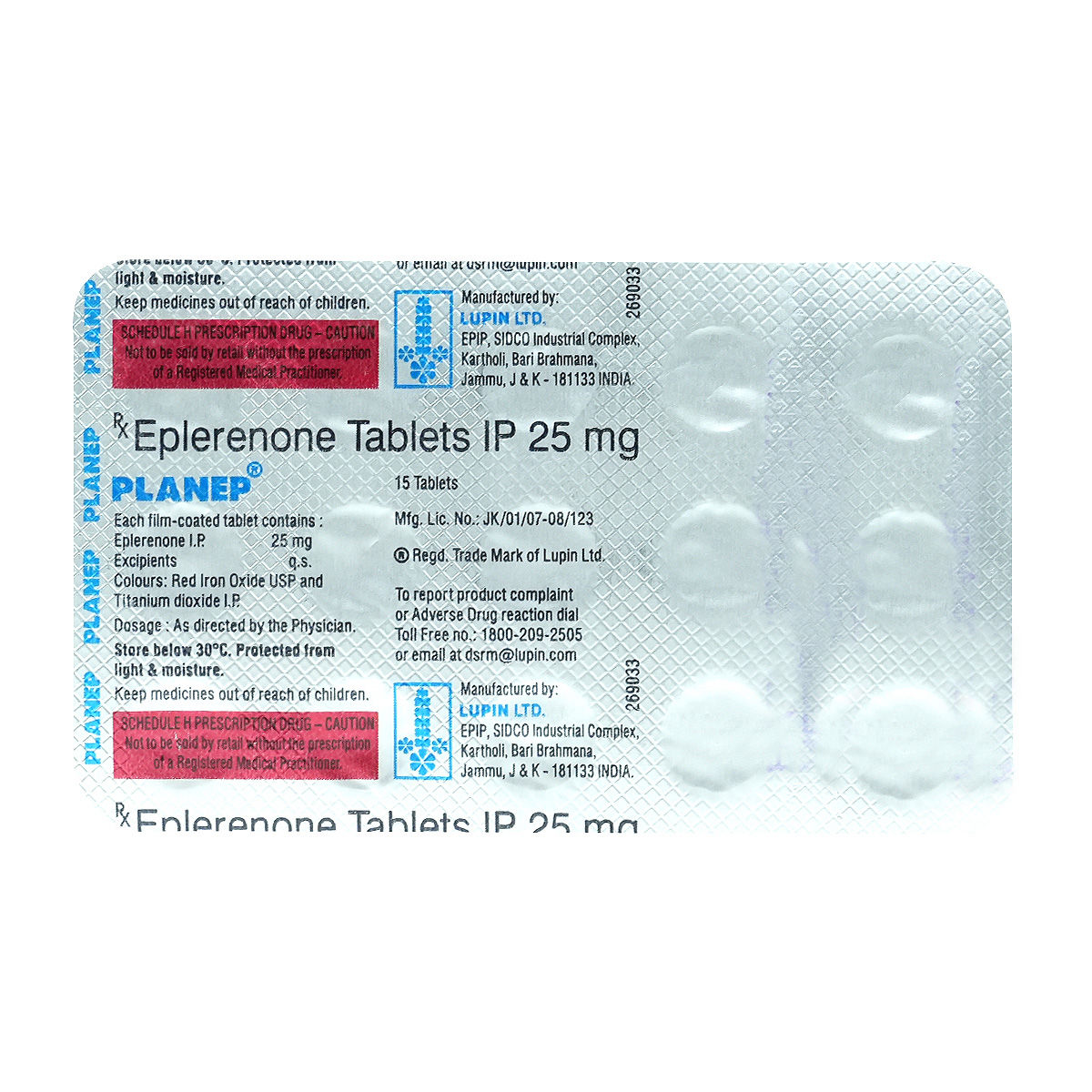 RX
RXPlanep 25 mg Tablet 15's
₹435.20
MRP ₹483.50
10% off
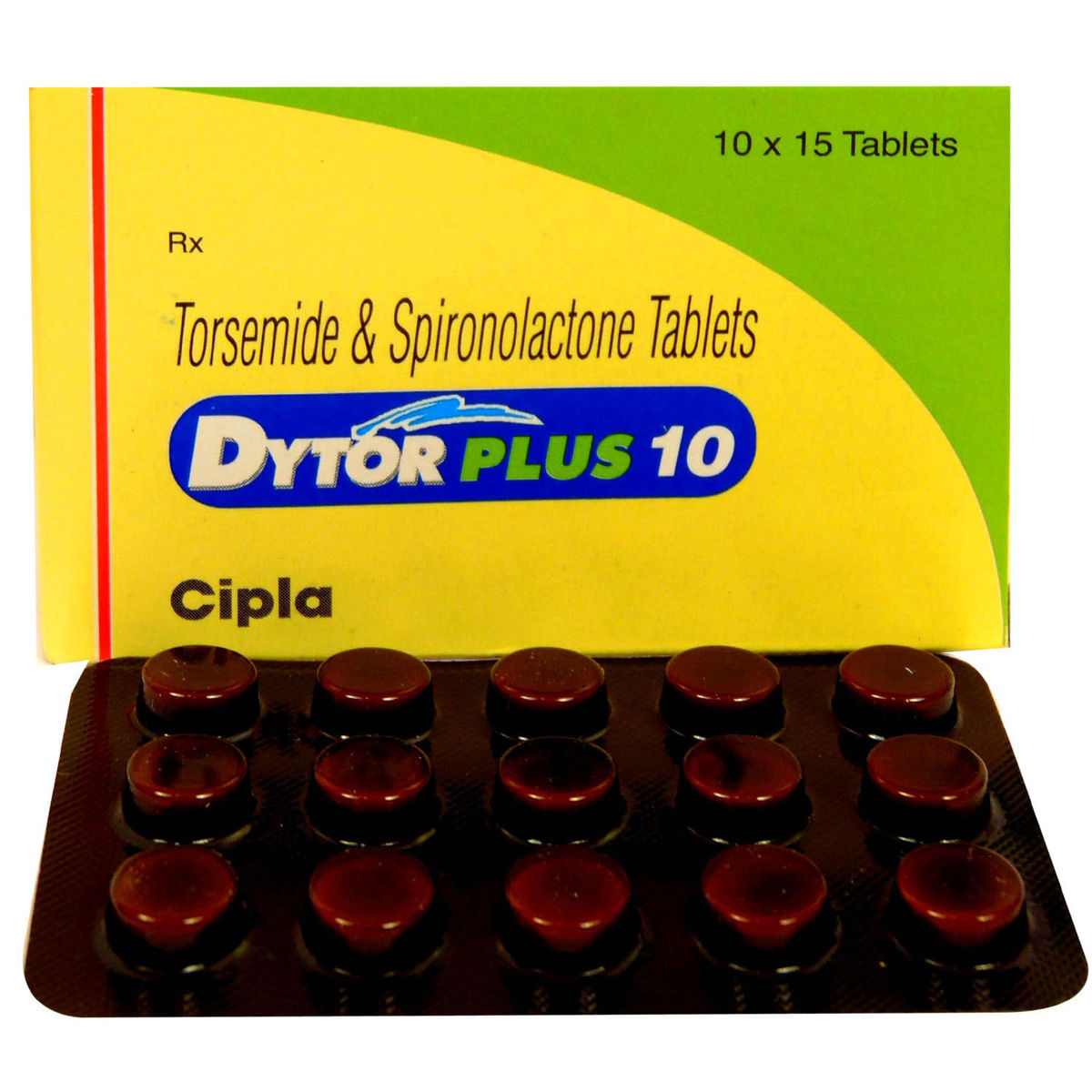 RX
RXDytor Plus 10 Tablet 15's
₹106.70
MRP ₹118.50
10% off
 RX
RXDytor-20 Tablet 15's
₹200.70
MRP ₹223
10% off
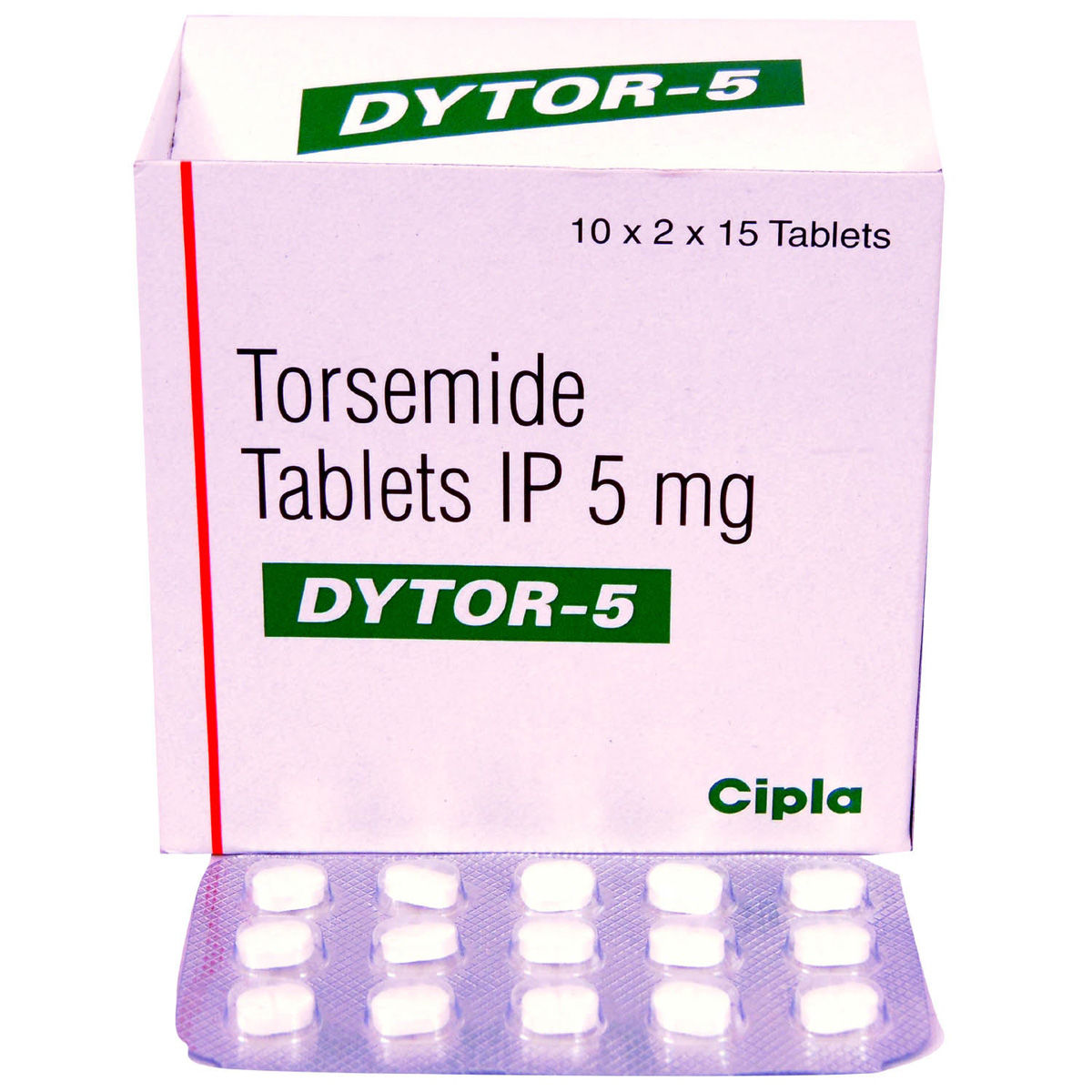 RX
RXDytor-5 Tablet 15's
₹70.70
MRP ₹78.50
10% off
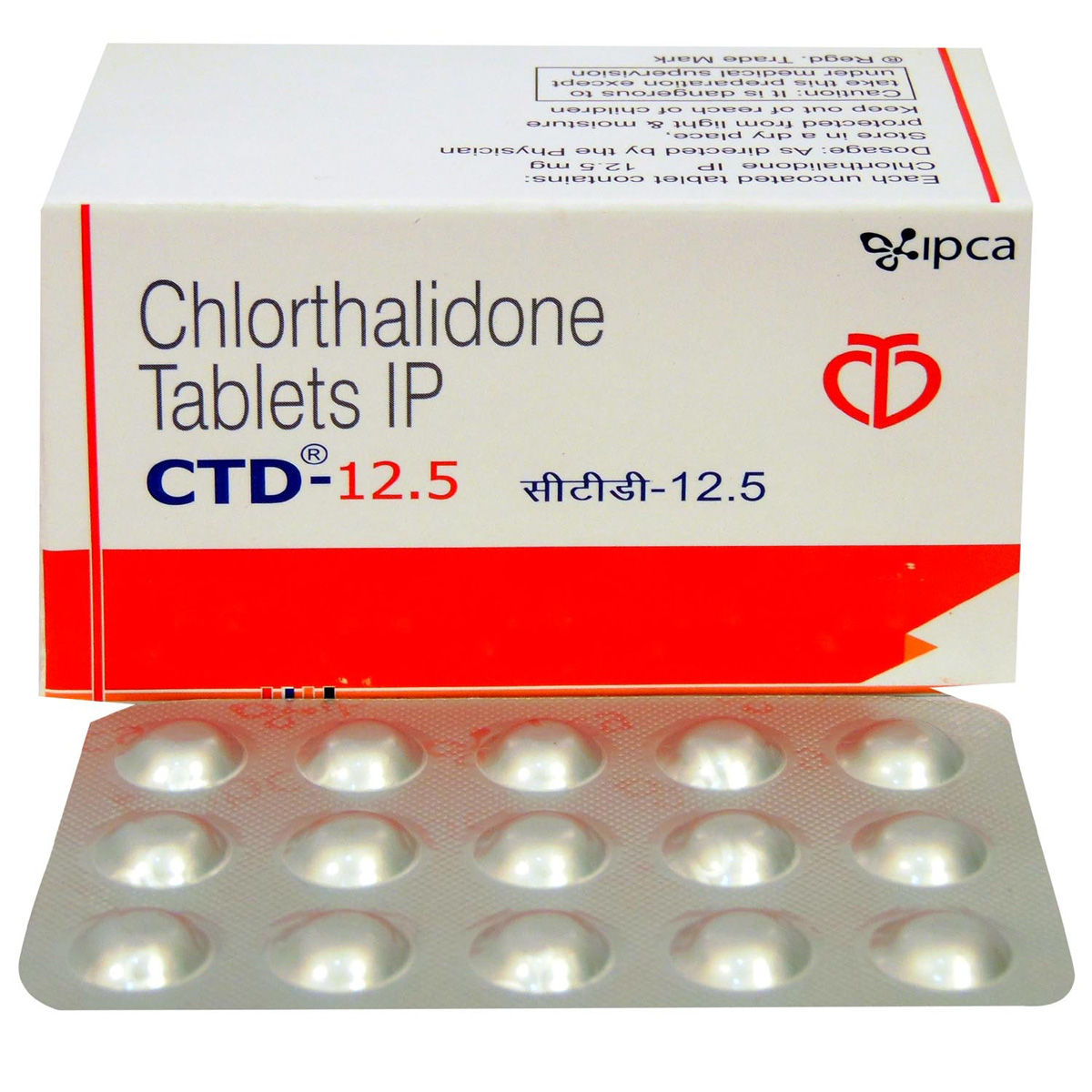 RX
RXCTD-12.5 Tablet 15's
₹143.10
MRP ₹159
10% off
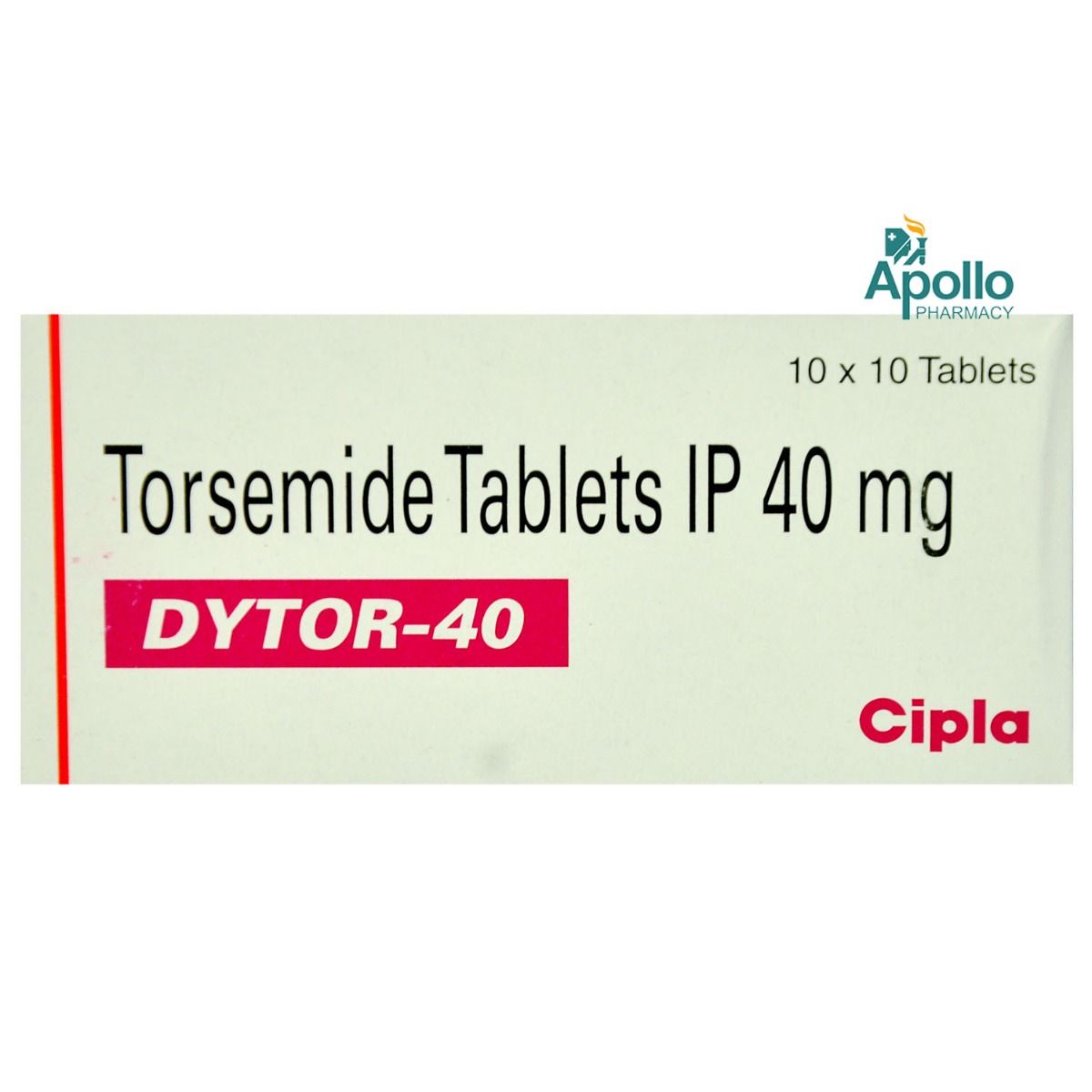 RX
RXDytor-40 Tablet 10's
₹236.70
MRP ₹263
10% off
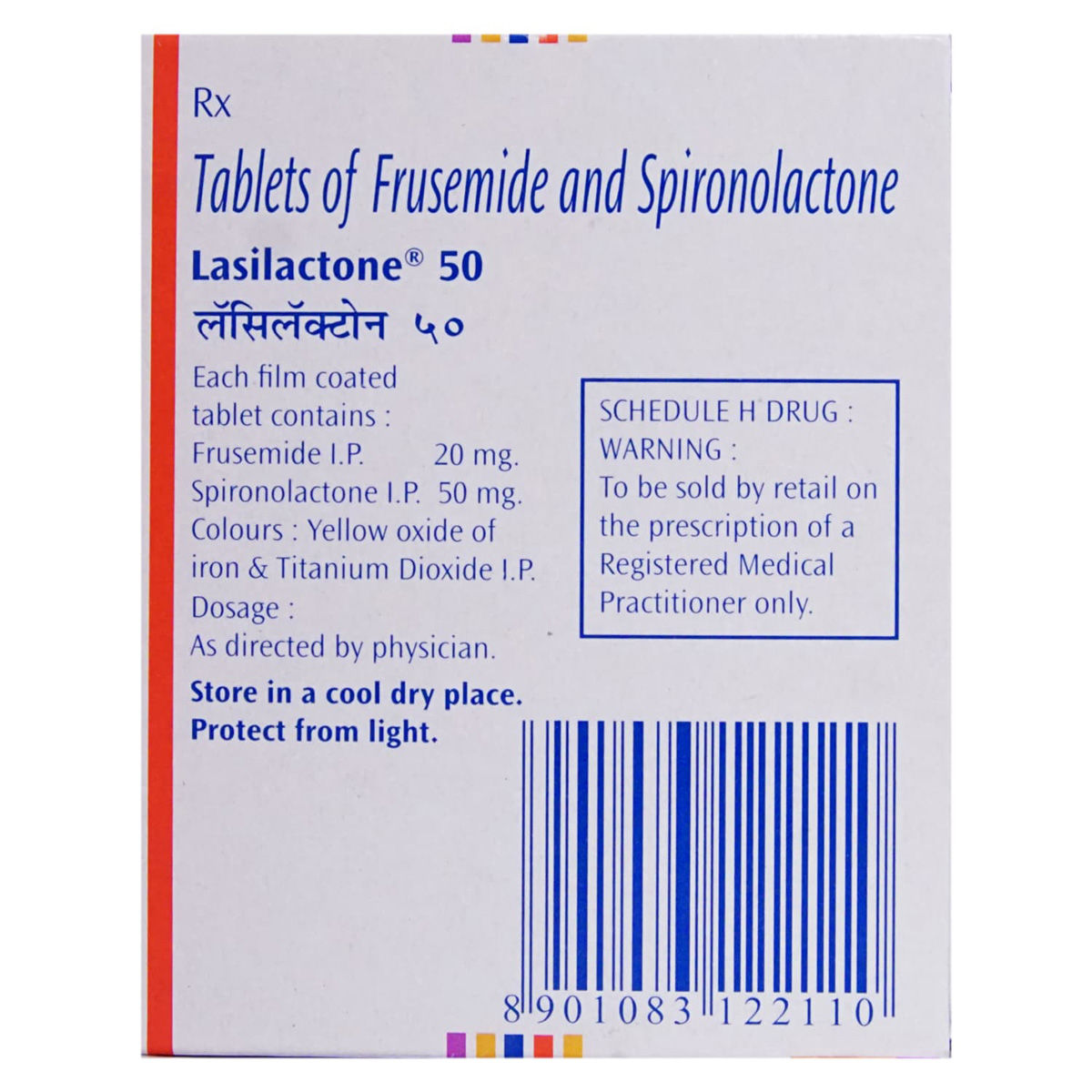 RX
RXLasilactone 50 Tablet 10's
₹63.90
MRP ₹71
10% off
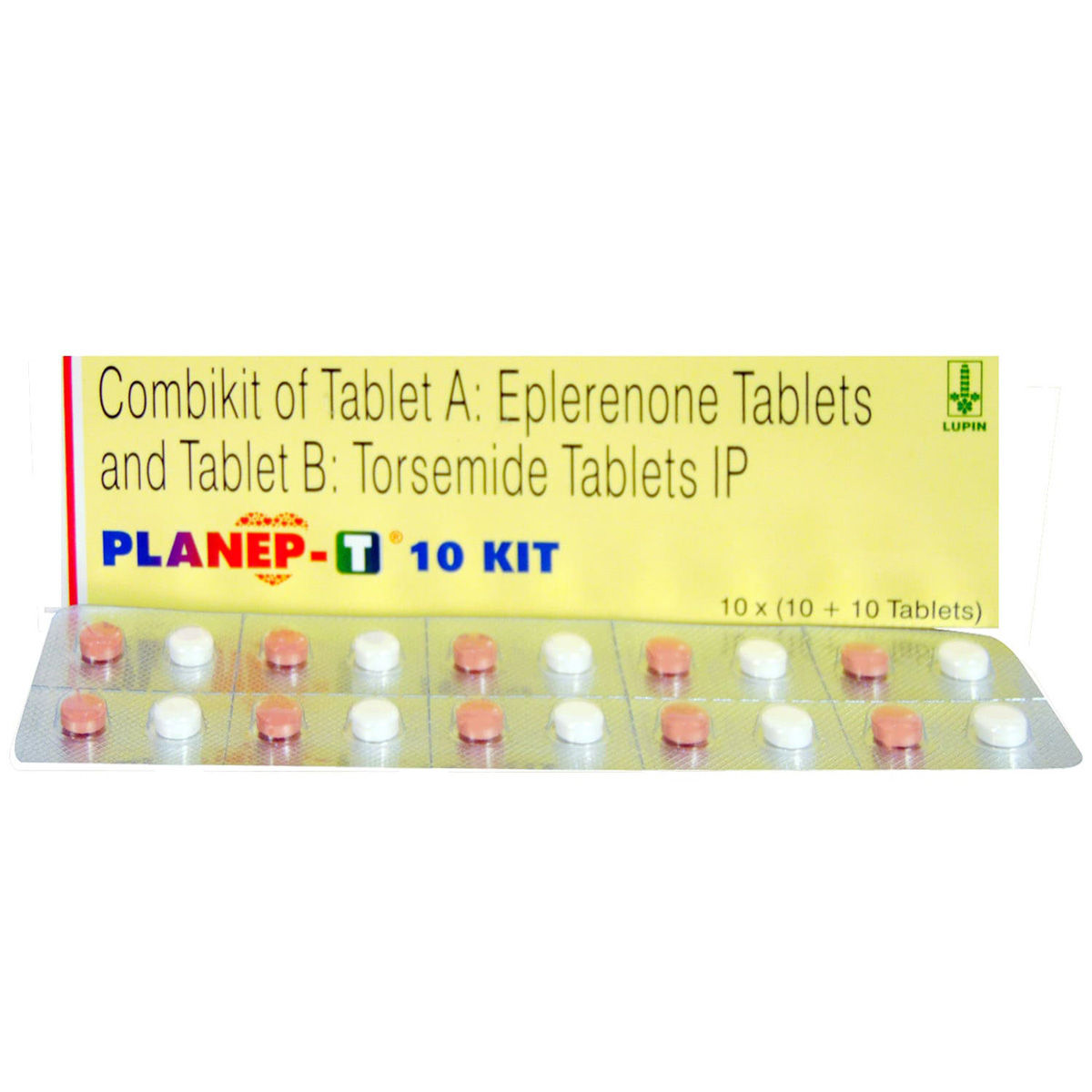 RX
RXPlanep-T 10 mg Kit Tablet 10's
₹331.70
MRP ₹368.50
10% off
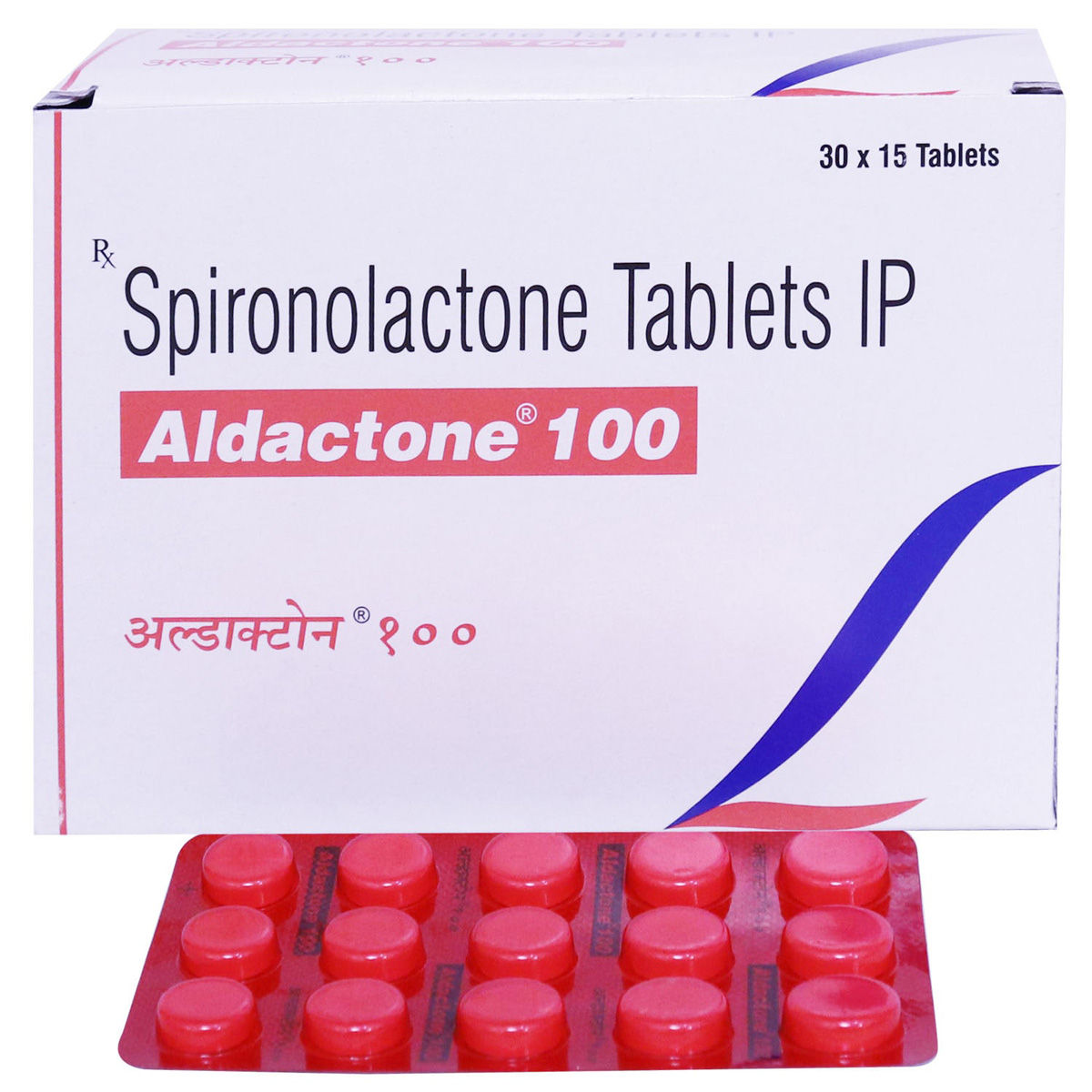 RX
RXAldactone 100 Tablet 15's
₹229.50
MRP ₹255
10% off
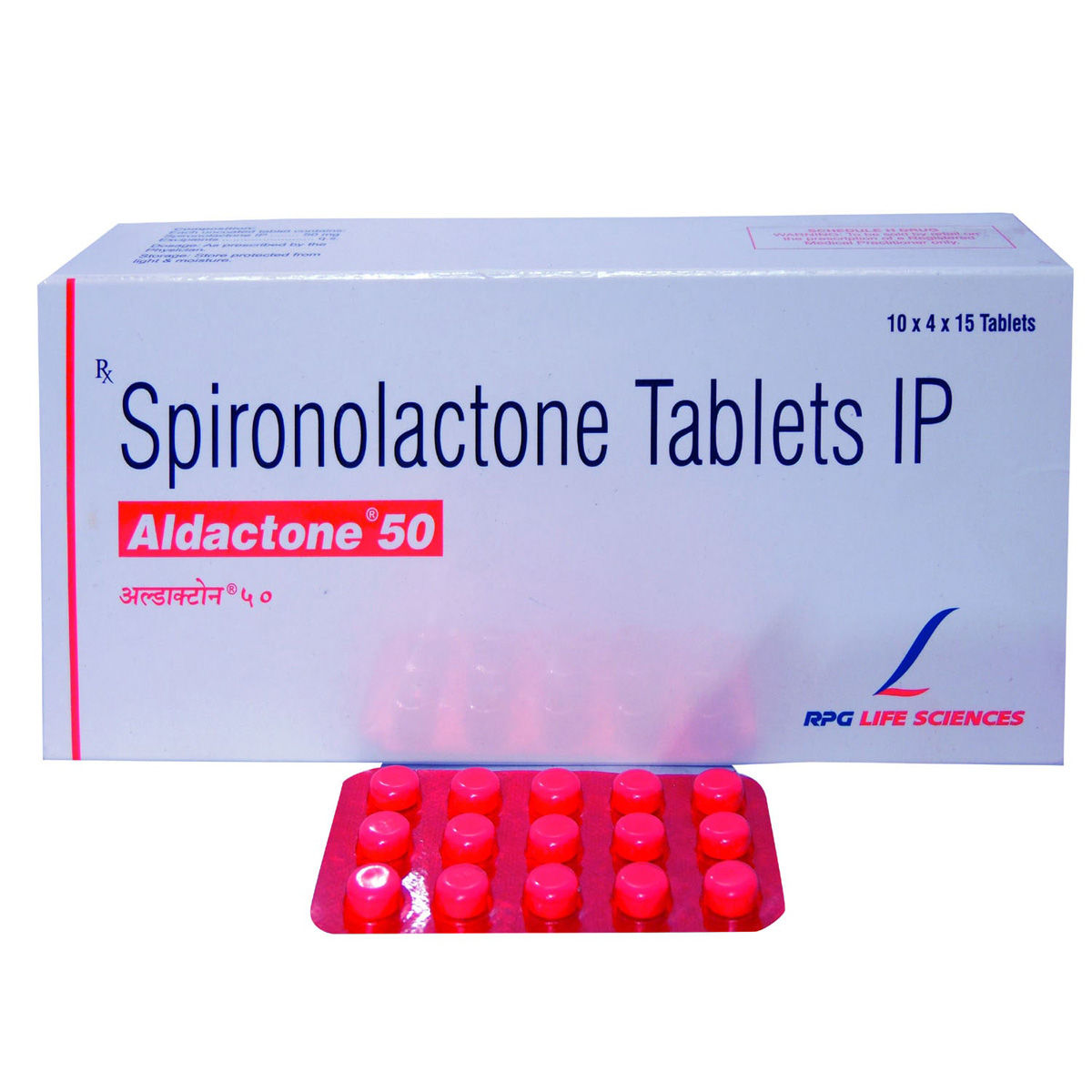 RX
RXAldactone 50 Tablet 15's
₹65.70
MRP ₹73
10% off
 RX
RXDytor 100 Tablet 10's
₹457.20
MRP ₹508
10% off
 RX
RXDytor E 10 Combi Kit 20's
₹301.10
MRP ₹334.50
10% off
 RX
RXZytanix 5 Tablet 15's
₹480.20
MRP ₹533.50
10% off
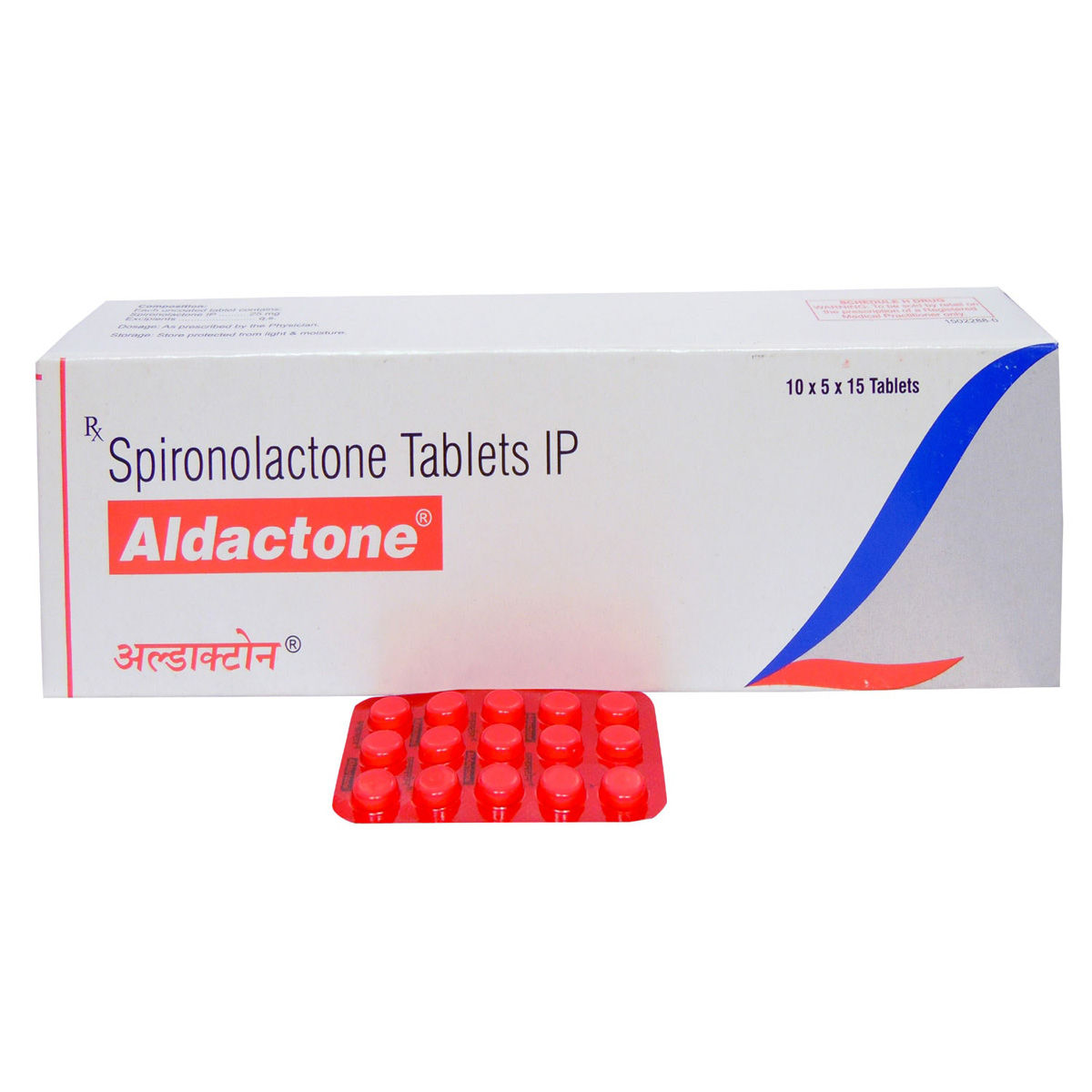 RX
RXAldactone Tablet 15's
₹33.30
MRP ₹37
10% off
 RX
RXDytor Plus 5 Tablet 15's
₹94.50
MRP ₹105
10% off
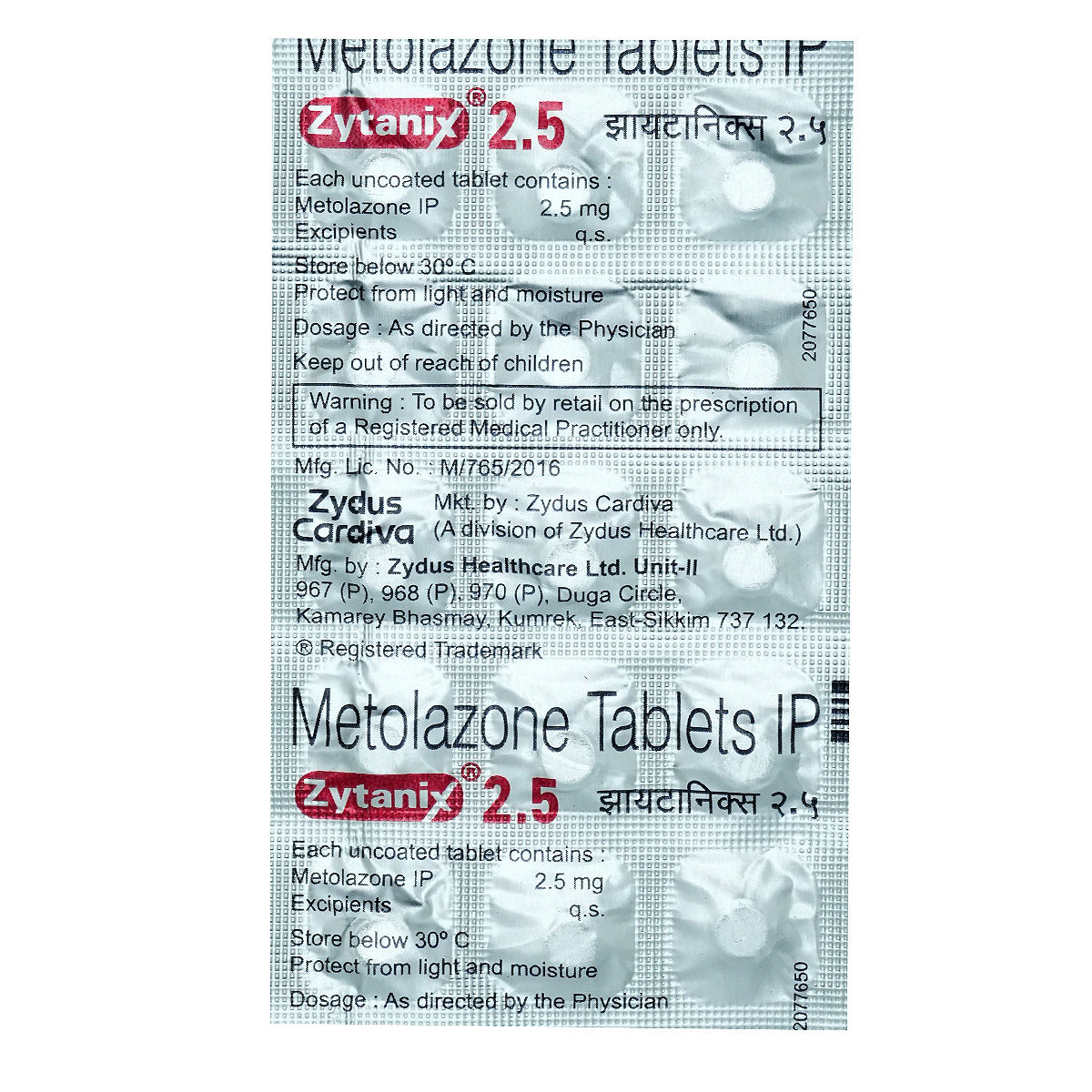 RX
RXZytanix 2.5 Tablet 15's
₹308.30
MRP ₹342.50
10% off
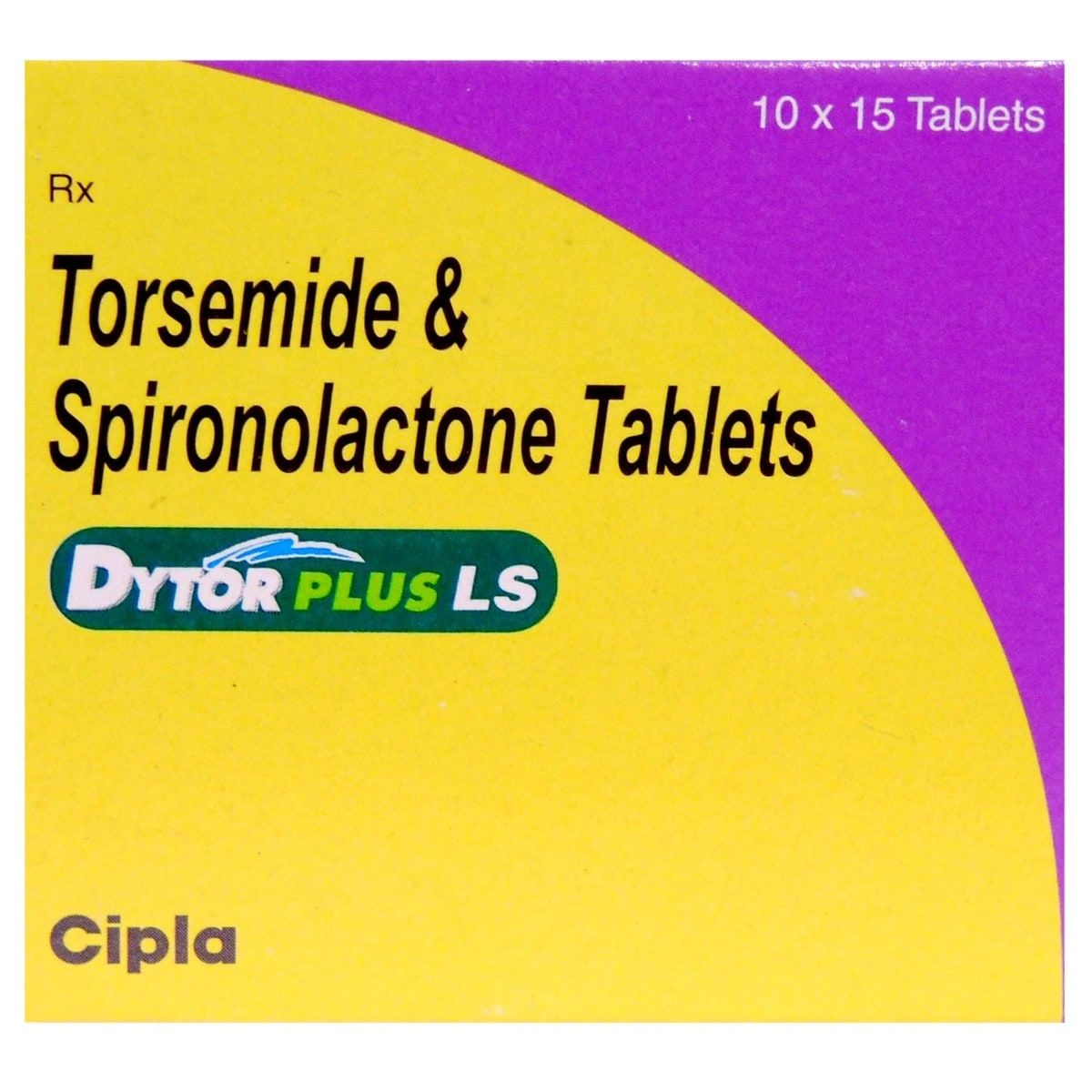 RX
RXDytor Plus LS Tablet 15's
₹68
MRP ₹75.50
10% off
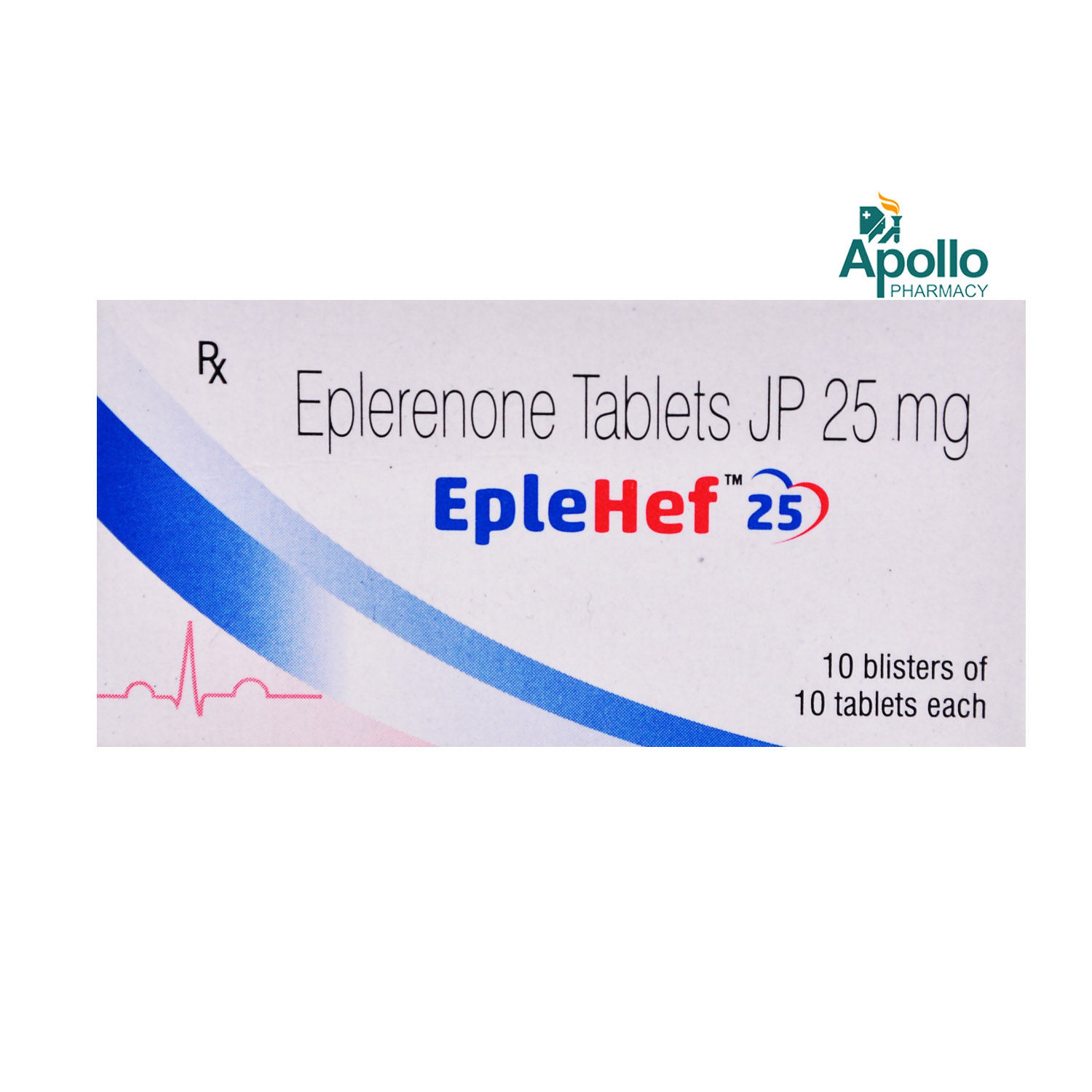 RX
RXEplehef 25 Tablet 10's
₹216
MRP ₹240
10% off
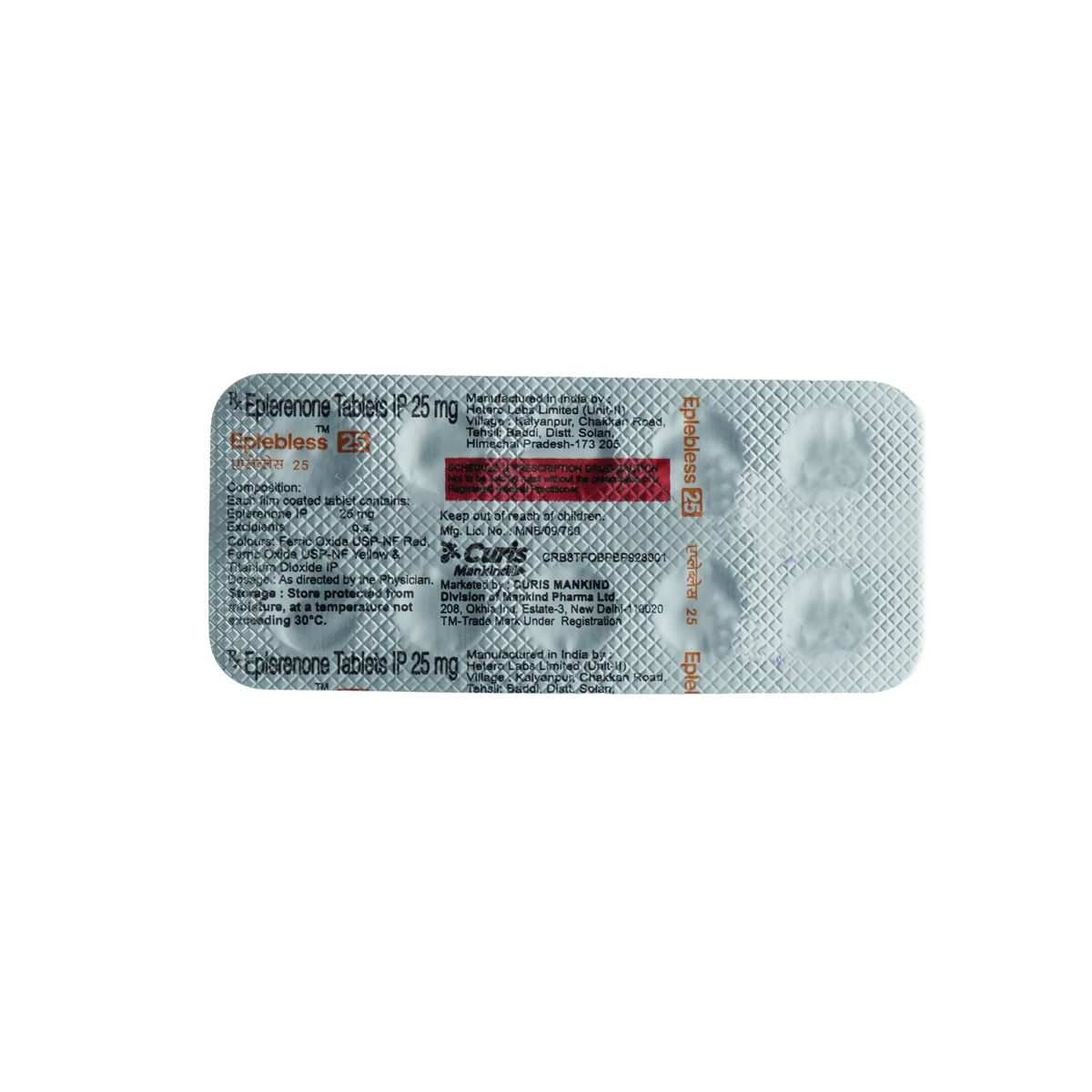 RX
RXEplebless 25 Tablet 10's
₹147.20
MRP ₹163.50
10% off
 RX
RXEptus 50 Tablet 10's
₹655.20
MRP ₹728
10% off
Medicine For Oedema
Oedema, a condition characterised by the accumulation of excess fluid in the body’s tissues, can cause noticeable swelling, discomfort, and, in some cases, complications. It can occur in various parts of the body, including the legs, ankles, feet, and sometimes the face or abdomen. Oedema can be caused by several factors, ranging from simple lifestyle habits to underlying medical conditions such as heart failure, kidney disease, or chronic venous insufficiency. When managing oedema, the right medicine for oedema can make a significant difference in providing relief, preventing complications, and improving the overall quality of life. This article will guide you through the different types of medications used to treat oedema, their benefits, how to use them effectively, and where you can safely purchase them.
Types of Medicine for Oedema
Treating oedema often involves addressing the underlying cause of the condition, as well as using specific medications that help reduce fluid retention. Here are some of the most commonly used medicines for oedema:
1. Diuretics (Water Pills)
Diuretics are the most commonly prescribed medicine for oedema. These medications help the body get rid of excess sodium and water by increasing urine output. By doing so, they help reduce fluid retention in the body and decrease swelling.
There are two main types of diuretics:
- Thiazide diuretics: Often prescribed for mild to moderate oedema, they work by blocking sodium reabsorption in the kidneys, causing the body to excrete more sodium and water.
- Loop diuretics: These are typically used for more severe oedema, such as in heart failure or kidney disease, as they are more powerful and work faster by blocking sodium, chloride, and water reabsorption in the kidneys.
- Potassium-sparing diuretics: Unlike other diuretics, these help retain potassium in the body while still eliminating excess fluid.
2. Aldosterone Antagonists
Aldosterone is a hormone that helps regulate salt and water balance in the body. Aldosterone antagonists, such as spironolactone, block the effects of aldosterone, which can reduce fluid retention and help balance sodium levels. These medications are particularly helpful in treating oedema caused by heart failure, liver disease, or kidney dysfunction.
3. Vasodilators
Vasodilators are another category of medication that may be used to treat oedema. These medications work by relaxing and widening the blood vessels, allowing for improved blood circulation. By doing so, they help reduce the pressure in the blood vessels, which can prevent fluid from accumulating in the tissues. Vasodilators are especially useful for treating oedema caused by heart failure.
4. Compression Therapy
Although not a medication, compression therapy is often used alongside other treatments for oedema, particularly in cases of venous insufficiency or swelling in the legs. Compression stockings or bandages apply gentle pressure to the swollen areas, which can help reduce swelling and improve circulation.
5. Other Medications and Treatments
In some cases, medications may be prescribed to treat the underlying cause of oedema. For example:
- ACE inhibitors or angiotensin receptor blockers (ARBs) may be used to manage oedema related to heart failure.
- Steroids might be prescribed in cases where inflammation is a contributing factor to the oedema.
- Antihistamines or corticosteroids may be recommended if the oedema is due to allergic reactions or inflammation.
Benefits of Using Medicine for Oedema
The main purpose of medicine for oedema is to help your body get rid of extra fluid, which can bring several important benefits:
- Reduces Swelling: Medicines like diuretics (water pills) help your body release excess fluid through urine, which helps reduce swelling in areas like your feet, ankles, legs, or hands.
- Eases Discomfort and Pain: By getting rid of the fluid buildup, these medicines can reduce the feeling of heaviness and discomfort that comes with edema, making you feel more at ease.
- Improves Movement: When swelling in your legs and feet goes down, it becomes easier to move around, walk, and do daily activities without as much pain or stiffness.
- Prevents Complications: Taking the right medicine can help stop problems that can happen if oedema is left untreated, like skin ulcers, infections, or poor blood flow. This is especially important for people with health issues like heart or kidney disease.
- Supports Overall Health: By managing the fluid in your body, these medicines help keep your heart, kidneys, and liver working better, which can improve your overall health and well-being.
Dosage and Usage Instructions for Oedema Medicines
When using medicine for oedema, it’s crucial to follow dosage instructions carefully to ensure effectiveness and avoid side effects. Here are some general guidelines for taking oedema medications:
How Much to Take
- Diuretics: The dose of diuretics will vary depending on the type and severity of oedema. For mild cases, a lower dose may be sufficient, while more severe oedema may require higher doses or stronger diuretics like furosemide. Your doctor will prescribe the appropriate dosage for your condition.
- Aldosterone antagonists: Medications like spironolactone typically require daily dosing, with the exact dosage determined by your healthcare provider.
- Vasodilators: These are usually prescribed based on the severity of your condition. They are typically taken once or twice daily.
When to Take
Diuretics are usually taken in the morning to prevent frequent urination at night. However, your doctor may advise a different schedule based on your needs.
Aldosterone antagonists and vasodilators may be taken once or twice a day, with or without food, depending on the specific medication and the patient's condition.
When to Stop
You should never stop taking your medicine for oedema without consulting your doctor. Medications should be tapered off gradually under medical supervision to avoid any adverse effects or complications. If your oedema symptoms worsen, contact your healthcare provider immediately.
Cautions
Diuretics can cause dehydration and electrolyte imbalances, particularly low potassium levels, so it's important to monitor these levels regularly.
- Regular monitoring by your healthcare provider is essential to ensure that the medications are working properly and not causing side effects.
Where to Order Medicine for Oedema
If you need medicine for oedema, there are various options available to purchase your medications, either at your local pharmacy or online. Apollo 24|7 is a trusted platform for buying medications online, offering convenient delivery and easy access to your medicines. You can order medications for oedema from Apollo 24|7 through the website or mobile app. Apollo 24|7 provides a seamless experience for purchasing medications, and you can also book an appointment with doctors online if you need further advice or support.
Frequently asked questions
Doctors often prescribe diuretics, also called water pills, to treat oedema. These medicines help the body get rid of excess fluid by increasing urine production, which reduces swelling.
In some cases, mild oedema caused by temporary factors, like standing for long periods or eating salty food, can go away on its own. However, persistent or severe oedema usually needs medical treatment.
Yes, diuretics can cause side effects such as dehydration, frequent urination, and changes in potassium or sodium levels. Dizziness or muscle cramps may also occur. Regular check-ups can help manage these effects.
Mild oedema can sometimes be managed with lifestyle changes like reducing salt intake, elevating your legs, and staying active. However, if the swelling persists or is severe, it’s important to consult a doctor for proper treatment.
You should see a doctor if the swelling is severe, doesn’t go away, or is accompanied by symptoms like pain, redness, or shortness of breath. These could be signs of a more serious health issue.
